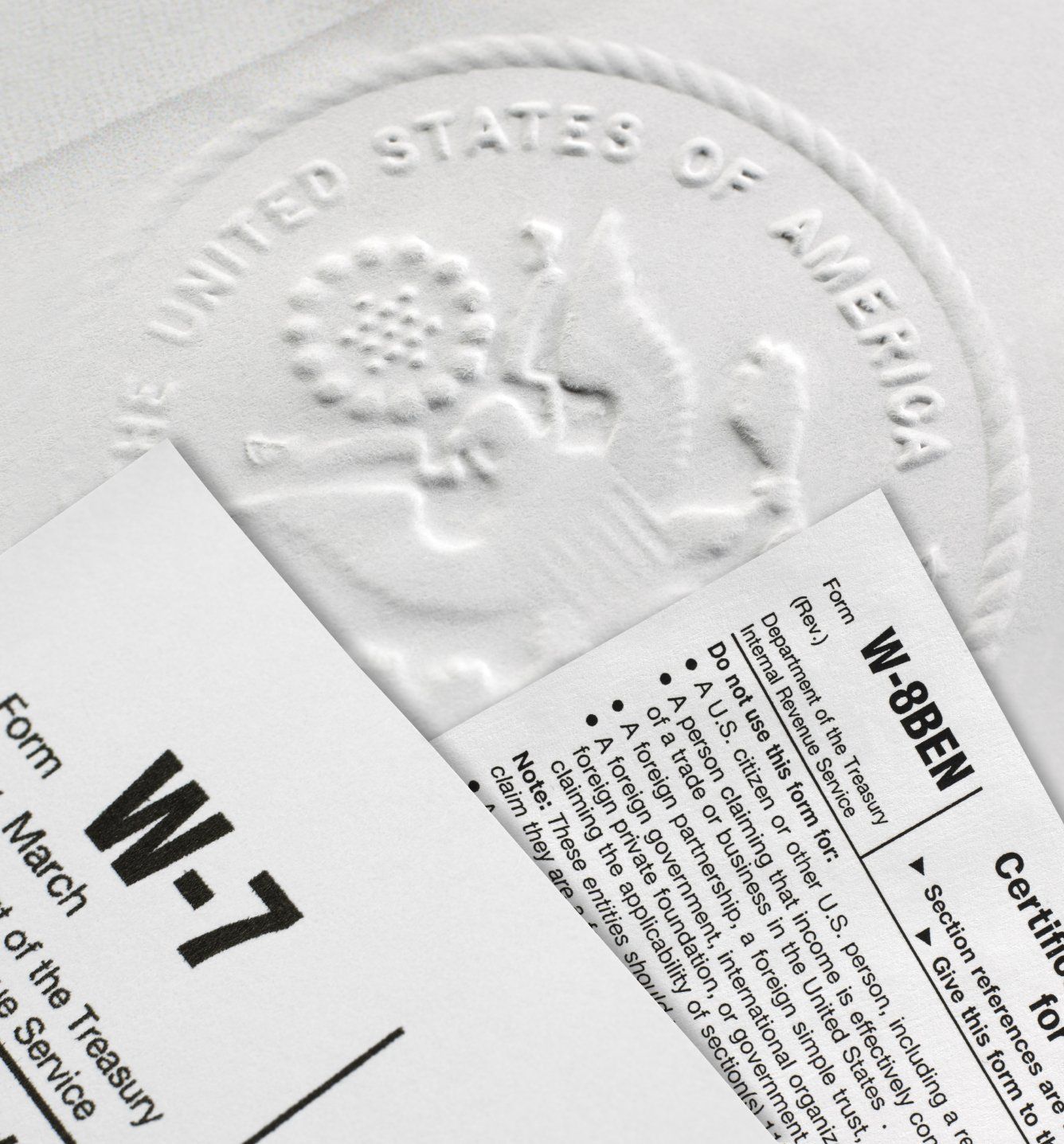What Is A Roth Conversion, And Should I Do One?

We get these questions a lot, and for good reason. We are always talking about how great the “Backdoor Roths” and Roth conversions are. So, what exactly is a Roth conversion? Well, to put it simply, a Roth conversion is when you take money from your pre-tax IRA and move it into your after-tax Roth account. Sounds great, doesn’t it? Well, there are some caveats:
- You will pay taxes on the amount you pull from your pre-tax account, in the year you complete the transfer
- Be careful not to pull too much, as the distribution from the pre-tax IRA is considered income from a tax perspective, and can bump you into a higher tax bracket
- Remember, you cannot pull the money you deposit into your Roth for 5 years. The IRS will charge a 10% penalty on any of those funds pulled within 5 years. No matter what your age is.
- That 5 year rule mentioned above applies to each conversion you do.
- Be careful how much you pull from your IRA if you are already on Social Security, again, this distribution is considered income and can affect your benefits.
All that being said, there are some really great advantages to a Roth conversion:
- Number one, of course, is tax-free growth and distributions in retirement. Since you are pulling the funds out of your pre-tax IRA and paying the taxes now, you do not owe any taxes when you make withdrawals (assuming you’ve met the 5 year rule)
- If you think taxes are going up (which most likely they will, since historically speaking, we are in a low tax rate environment), then this is a great way to hedge against that rate increase.
- If you have a large IRA, first of all, congrats, that’s great! But, that may mean really high RMDs (required minimum distributions). Doing a Roth conversion will minimize your IRA balance and therefor minimize your RMDs. High RMDs are a good problem to have, but they do come with some issues. A high RMD means your taxable income is higher, and that may in turn affect your social security benefits, as well as increase your tax bracket.
- If your goal is to leave money behind for your heirs, the Roth does so tax-free! They will still be required to pull all the assets by the end of the 10th year (thanks SECURE Act of 2020), but they will not owe one ounce of taxes. Score!
As you can see, a Roth conversion is not just black and white. At first glance it is an amazing planning tool that allows you to receive tax-free retirement income. If you make too much money to contribute to a Roth, the Backdoor Roth (Roth Conversions), are great and allow you to still participate in a Roth.
However, there can be great tax consequences if not done properly. In the past, the IRS allowed Roth conversion to be re-characterized in the following year. Meaning, if you took too much out of your IRA and got hit with a giant tax bill, you could go back and reverse some or all of that. Not any more. Once a Roth conversion is done, it is done. So, be careful how much you do and when. We always recommend talking to us first, as well as your tax advisor. You tax advisor should be able to work with you to figure out an amount that won’t negatively effect your taxes.
As always, if you have any questions, or want to discuss this planning tool with us, please feel free to contact us! We are happy to help!
Happy Planning!
-Anna Brockschmidt
Blog








